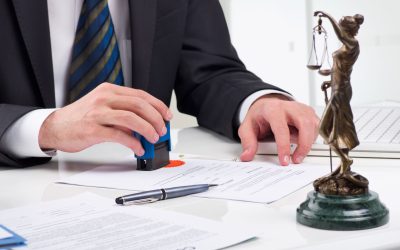Military and police personnel use canines for arrests and patrols. State laws give these individuals special protections when their animals inflict harm under some circumstances, but there’s no protection for civil rights offenses, unreasonable force or harm caused outside the range of law-enforcement activity. Police are not allowed to be excessively forceful when arresting a suspect.
Suing for Harm Caused by a Police Canine
A claim for police-dog bites attacks is typically brought under 1964’s Federal Civil Rights Act. Police cannot use unreasonable force during an arrest, and if it occurs the police may have to pay damages to the victim. In some circumstances, the officer may have to give the victim punitive damages. Federal law gives some big advantages to the victim, including payment of attorney fees and court costs, as well as a lengthier statute of limitations.
If a Police Dog Bites a Person Other Than a Suspect
A police dog that bites someone outside the scope of law-enforcement duty subjects its owner to a personal injury or civil liability suit. In many jurisdictions, dog-bite laws that apply to citizens are used in these cases, and a dog bite lawyer can evaluate a case and tell the client which set of laws applies.
Determining Factors in Police Dog Bite Cases
When a canine is used as an extension of police power, excessive force is the determining factor. “Excessive force” is measured by the attack and the harm to government interest in performing a search or an arrest. Other factors may include:
* The severity of the offense
* Whether the suspect was armed and dangerous
* Whether the suspect fled or hid
* If the suspect fought or surrendered
* Whether the dog bit more than once
* If the officer could have used less violence during the arrest
Calling an Attorney After a Police-Dog Bite
If a person is harmed by police-dog bites attacks, they should call Dulaney Lauer & Thomas, LLP right away. A dog-bite lawyer can evaluate the case and help the client protect their legal rights while increasing the chances of a successful recovery.
Connect with us with on Google+!



